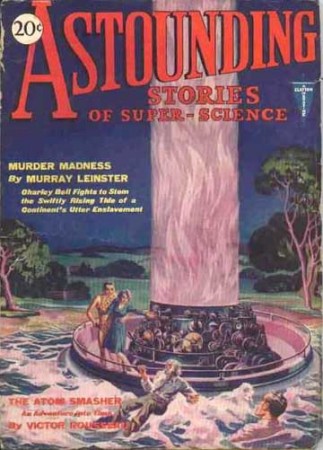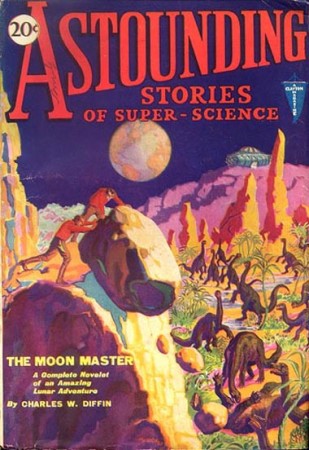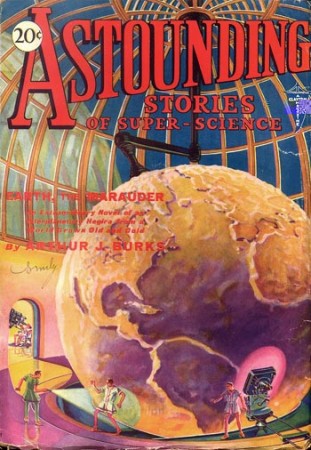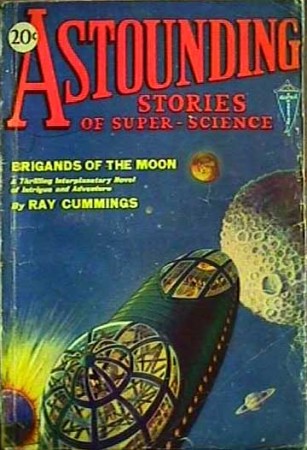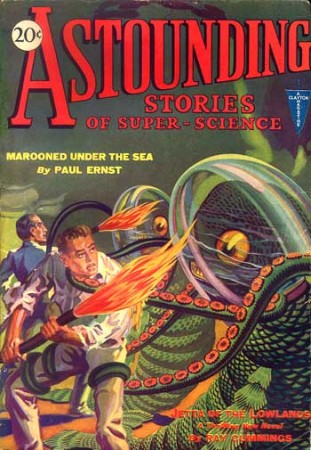
Plutonian Striptease is a series of interviews with experts, owners, users, fans and haters of social media, to map the different views on this topic, outside the existing discussions surrounding privacy.
Marc Garrett is Co-director and co-founder, with artist Ruth Catlow of the Internet arts collectives and communities – furtherfield.org, furthernoise.org, netbehaviour.org, also co-founder and co-curator/director of the gallery space HTTP Gallery in London, UK. Co-curating various contemporary Media Arts exhibitions, projects nationally and internationally.
Net artist, media artist, curator, writer, street artist, activist, educationalist and musician. Emerging in the late 80’s from the streets exploring creativity via agit-art tactics. Using unofficial, experimental platforms such as the streets, pirate radio such as the locally popular ‘Savage Yet Tender’ alternative broadcasting 1980’s group, net broadcasts, BBS systems, performance, intervention, events, pamphlets, warehouses and gallery spaces. In the early nineties, was co-sysop (systems operator) for a while with Heath Bunting on Cybercafe BBS, dedicated to arts, technology and hacking.
Social networks are often in the news, why do you think this is?
I find this quite a complex question. There are a few reasons why social networks are often reported more readily and regularly represented by traditional media news outlets. The main reason can be put down to social media’s popularity in everyday culture, connecting with people’s everyday habits and behaviours through different forms of networked, communication gadgets and tools. The massification of easy interaction, demanding hardly any thought in how to use the technologically, on-line networked and mobile interfaces, makes them perfect conduits for distributed information and communication. (more…)
